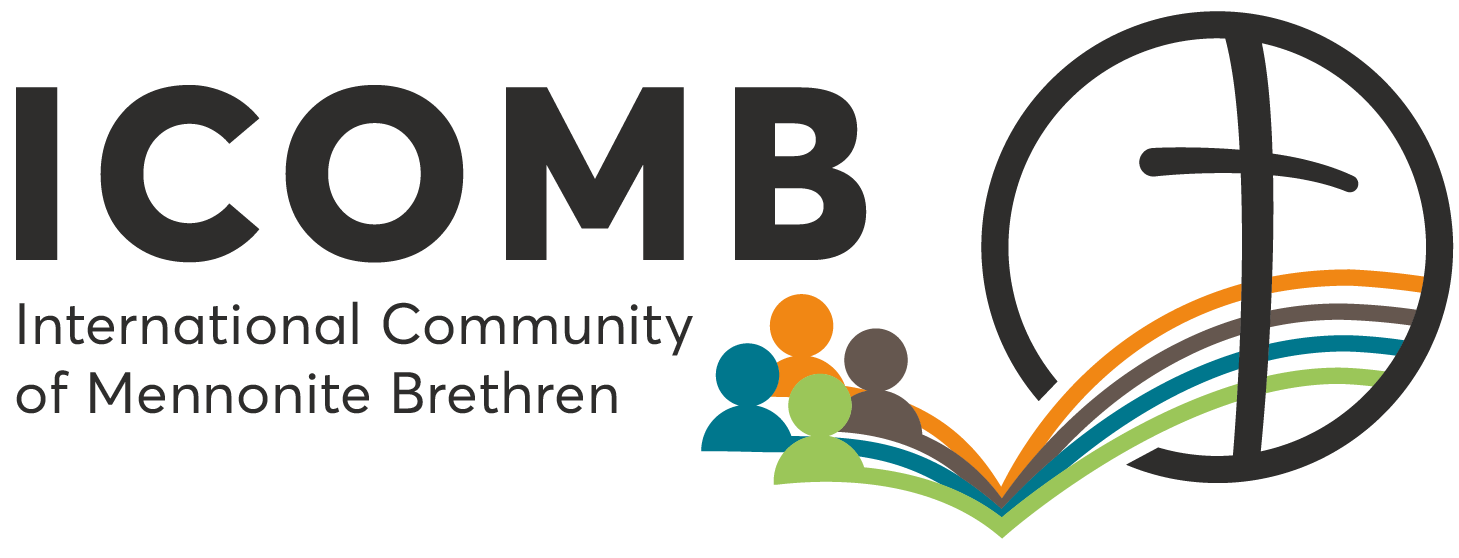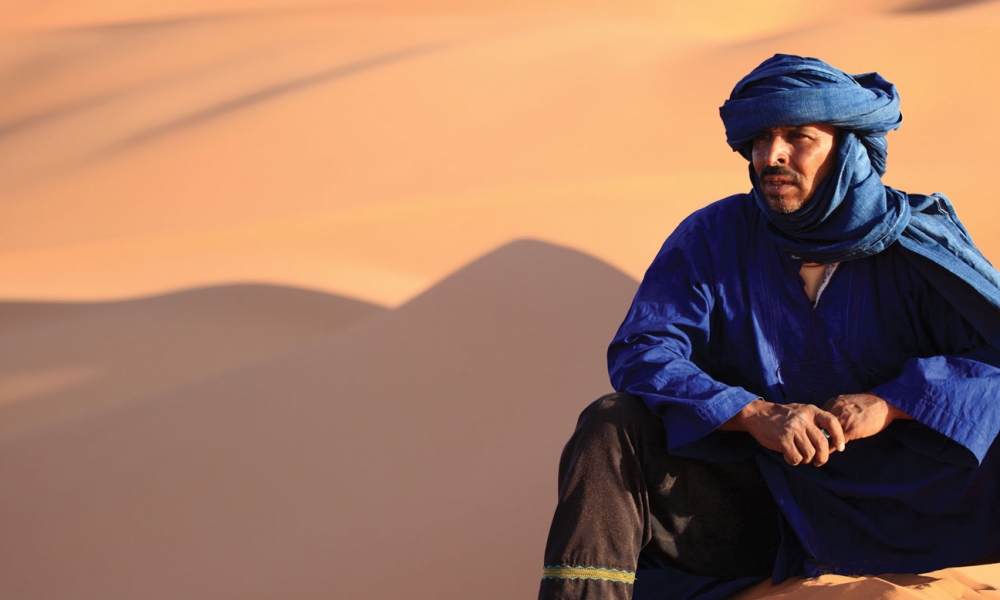“My name is Ansar, and I am Tuareg.”
Ansar belongs to a large ethnic group among the nomadic tribes of Berbers that live and trade across North and West Africa. He was born in Mali, in the city of Timbuktu, and grew up in Niger. As a Tuareg, he cherished his heritage among the Marabout tribes as warriors and royalty. As a Muslim, however, Ansar often felt conflicted.
“Where I am from, there is only Islam,” he said, “and there are many things necessary to get close to God. You must read and recite the Qu’ran in Arabic, pray only in Arabic. But I did not know any Arabic. My mother tongue is Tamazight, and my traditional way of writing is Tifinagh. Is it right, I wondered, that I should swap these for others, with the hope of becoming closer to God?”
Islam offered other means to draw closer to God, but they were equally unattainable for Ansar. He had heard of a holy place called Mecca. He knew that a good Muslim must face only east, toward Mecca, when praying. He knew that a pilgrimage to Mecca was every Muslim’s aspiration.
“In Mecca, you can ask God for paradise, for money, and for health also,” Ansar said. “If someone was wealthy, and he was able to go to Mecca, it would fulfill his lifetime wishes.”
Ansar, however, was not able to make such a pilgrimage. “Still, I was sure I would remain in this religion,” he said. “I was sure that it was the only religion that led to God.”
When Ansar was forty, he took a job and moved to Nigeria. There he saw Christian church buildings for the first time. With the doors open and full of worshipping believers, Ansar found this both attractive and alarming.
“They were praising God,” said Ansar. “I thought they were having a good time, but I was told that this was an infidel mosque. I said to myself, ‘It is the devil’s place and God will be angry if I go there.’ So, I kept away.”
Six years later, Ansar changed jobs and moved to Libya. While there, he became more disillusioned with Islam as the Imams chanted in a language that he did not understand. It felt meaningless. Before long, he gave up on religion altogether.
“I told my family that I had become an atheist,” he said, “and they were fine with my decision! This really surprised me.”
It wasn’t until some years later that Ansar heard about a local Christian church where members prayed in Tuareg. He was intrigued and decided to go and see for himself. That Sunday morning, Ansar heard prayers spoken not only in Tuareg, but in Hausa, English, French, and even Spanish. He was astonished.
“I had never seen or heard anything like this,” Ansar confessed. “Here was a religion, not for this tribe or for that tribe, but for everyone. There was no tribe that owned all rights to this faith, excluding other people. No, no. This was a matter of the heart, between man and God. It was not about showing off to be noticed in public places. No, no. It was not about fasting and blowing a trumpet to be seen. No, no. It was about true faith, about a relationship between God and people, through Jesus.”
“I had never before heard this story” Ansar said. “Of course, it was a big surprise.”
Sitting in the service, Ansar realized that he did not have to change who he was in order to be closer to God.
“I saw that I could stay a Tuareg, just as the Lord had created me, and still worship him. God created me, and God made me Tuareg. I could have faith as a Tuareg. That day, I had no doubt that I would put my trust in this Jesus.”
Ansar was given a book about Jesus in his own language, and a New Testament in French. As he read and re-read the passages, he marveled at all that God had done for humankind. He couldn’t stop telling everyone about what he read. Finally, he went to his family to share about his decision to follow Jesus.
“They despised me!” he declared. “I couldn’t understand this. When I abandoned Islam and became an atheist, they were fine with that! But now that I had become a Christian, I was being rejected like a black sheep.”
Ansar’s family pushed him out of their home, and he sought refuge with a relative who, in turn, pushed him out. In a very short time, he moved three times. Despite the rejection, Ansar grew in his faith and was not bitter. He saw only the many ways in which God was giving him grace and bringing transformation to his life.
“Before, I would only like certain people, but hate others,” he explained. “Some were friends, others were enemies. Now, I love everyone equally. Before, I did not know what to say when an Imam attacked me with questions about my faith. Now, it just affirms me in my faith. I point them to the Writings, the Torah, the Gospel, and to Jesus. Before, I would ask a Marabout tribesman to make an amulet so I would be healed of a sickness. No more. No, no, that’s idolatry. God is my healer. And before, I slept with a sword by my side to protect myself from enemies and evil spirits. Now, I sleep soundly, in peace, like a dog. No more nightmares, no fear.”
“I have an abundant life,” Ansar concluded, smiling. “God has revealed many things to me, and I thank the Lord. I thank the Lord, right now, and always, for making me Tuareg, and for making me Christian.”
LEARN MORE
This story of transformation was sourced from Multiply workers in Europe who are developing and distributing media resources for the least reached in North Africa and beyond. Please pray for their current initiative called StoryChannel that seeks to use video to reach Berber-speaking people groups in eight different countries across North Africa by telling stories like this one about individuals who have encountered Jesus and become his followers. To support this project financially, go to storychannel

